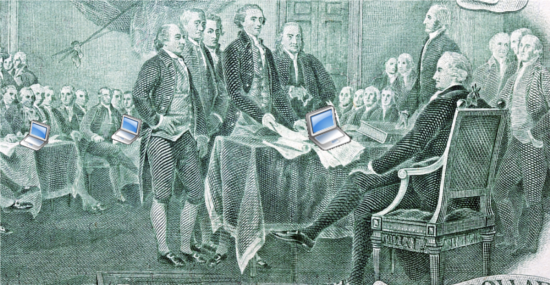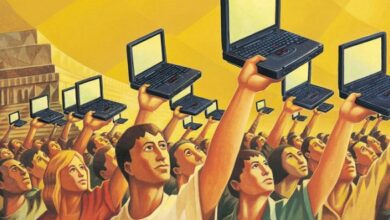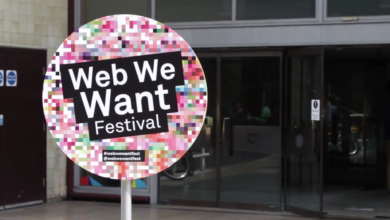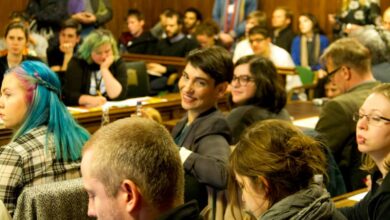
Digital Bill of Rights – What you told us.
These are very much work in progress notes
Cybersalon is campaigning for the introduction of a Digital Citizen Bill of Rights for the United Kingdom. We have gathered quite a following and caused a bit of a fuss. We held a campaign launch event in the House of Commons on the 23rd March, at this and over the following weeks we have been listening to people’s thoughts on the Digital Citizen Bill of Rights.
We have published the preliminary outline of the areas that are considered important to improve on from a legal perspective. We have then held public consultations during public events and received helpful feedback, which we have included in the notes below.
The initial proposal for the Digital Citizen Bill of Rights is here. It is composed of nine points. These points forge a new framework on digital issues in the UK, transforming how we conceive and think about the Internet as a tool, as a product, as a community, as the future – how we can protect ourselves, harness the economic potential of- and secure the digital future.
This feedback fell into two groups, specific discussion on priorities of the points for the Bill, as well as more philosophical discussion on the ethics of technology (or lack of).
Here are the specific points…
Comments on Point 1 : To develop Digital Citizenship for all
This is a long-term goal, probably beyond the Digital Bill of Rights as the definition of Digital Citizen would be different if we are looking at EU Citizen or just UK Citizen (our preference is to focus on UK only for the time being). The comments were that people are not sure if that is not too ambitious and not granular enough. Sophia suggests we develop it as a concept that is a summary of our Points, and present the meaning as all of the below but not as a separate point (Digital Citizen own his own digital data, has access to his open source tools, can get access to all the surveillance status (yes/no/etc ) – so out of the pledges but with a vision of what does it mean to have all those point fulfilled and be active in the digital economy)
Point 2: To Support sell-organisation of digital communities to prevent online hate speech against women and minorities
Comments: it would require censorship. There is no appetitive for that. There is tacit acceptance that Wikipedia’s way of managing trolls is fine (robots purging swear words etc), but anything more would be highly problematic. Specifically ORG has expressed opposition to censorship, but also general public feels that this is practically impossible unless there are only bots/automation.
This is possible, automation was shown effective by Zero Troll initiative, but anything more than Wikipedia methond would be challenged.
(same goes for point 3, about building tools to allow people to boycott and sanction sites)
We need to consider Ethics of Technology and Ethics of Research of Tech, but that is a longer term goal
Point 4 : to reform the oversight of surveillance
All comments very strong about the need to stop mass surveillance, but at least oversight reform and people’s jury would be a step in the right direction
Point 5. Copyright Law and support for Open Access to culture
Not clear, would need concrete examples at least in the early drafts or support by concrete examples, a very narrow set of experts understands, but a LOT of education would be neeed before the wider mainstream understands. We may need to park that or drop in thelist of the priorities to a lower position
Point 6. To build an open, decentralised business environement with equal access to the internet for everyone
Yes, all positive, but needs description in detail what we mean, decartelisation of tech giants
Point 7. Net Neutrality
YES, but with a caveat that Wikipedia Zero is seen as a good thing, Facebook on Internet.org not so good but in some places better than nothing. May need to be more granular and with a list of exceptions if non-profit?
Point 8. Cybersecurity and support strong authentication
Yes, all positive
Point 9. Do support the development of free and open software as the Internet’s foundations
Sounds good but we will need examples (Firefox? Linux? Ubuntu?, Open Source Fonts?
Potential new: Strong protection for the ownership of personal digital data
Everyone who commented prioritised that, and noted that they are concerned both with corporate surveillance, cookies, re-targetting but also with state surveillance, Apple Watch, Minors data
Also NHS and GPs were mentioned a lot about issues with the trust in the medical data.
Potential New: Right to digital literacy including networking, cybersecurity, creative input, data management and visualisation etc (if data is the new Latin, lets make sure everyone has access to those skills)
Conclusion: we consider dropping Point 1, 2 and 3. Digital Citizenship is a new concept, will take education. We can discuss the context, but call the bill : Digital Bill of Rights. That seems to have the best reception.
Additional:
Suggest we lead with the following, rewrite and put on line for consultation/WebWeWant event
1. Digital Personal Data is a human right. There is EU legislation ,we just need to force adherence and be proactive on MAC, opt-out only council services on Wi=Fi etc
Point 4.
Pont 6
Point 7
point 8
Then – strengthen and more concrete Point 5
Then – strengthen and more concrete Point 9
Then Add a point on Digital Education to stop the digital deskilling due to iCloud and dumb tools
Useful links:
Looking back on the Parliament Digital Citizen Launch




